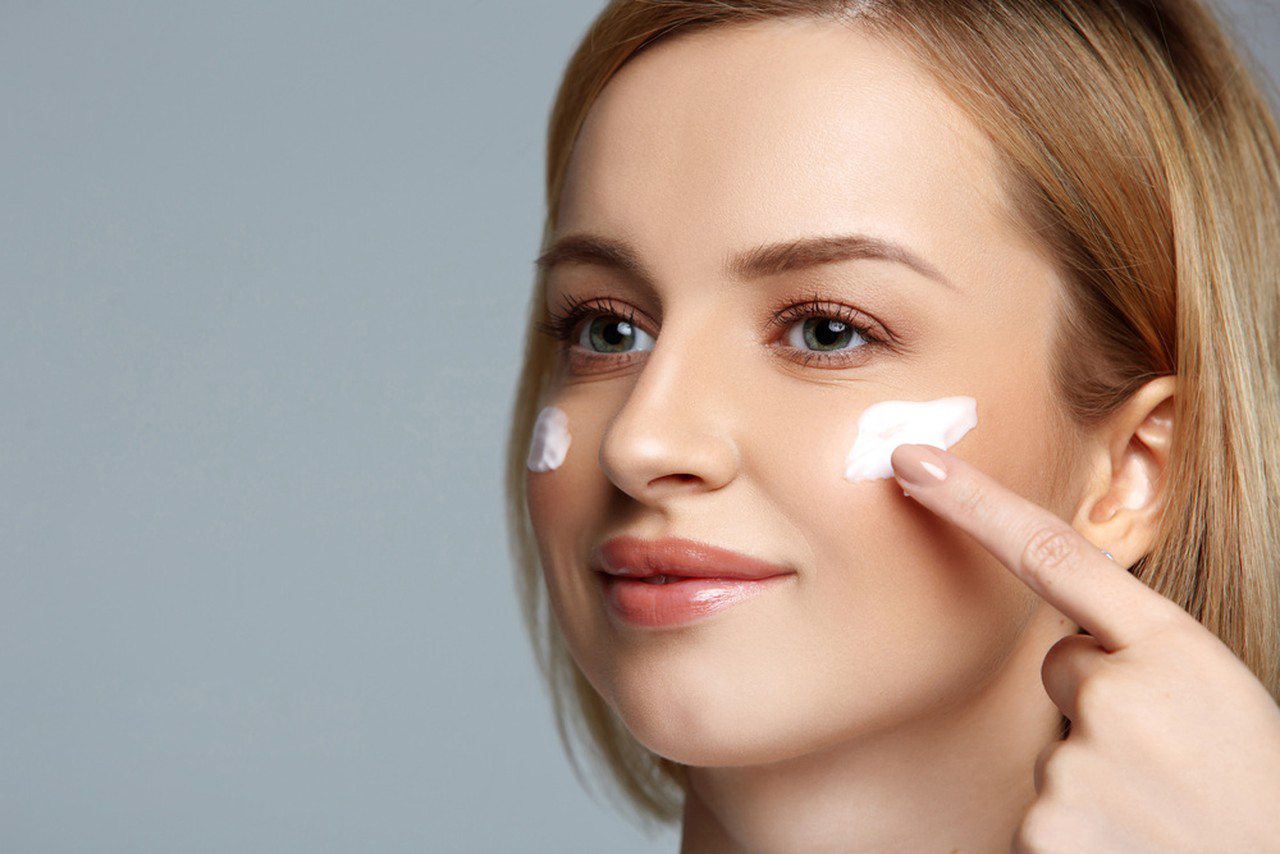Copper peptides are generally considered safe for topical use in skincare products. These compounds have gained attention in the field of skincare and wound healing due to their potential biological activities and therapeutic effects. Here is a comprehensive overview of copper peptides and their research:
Structure and Function:
Copper peptide consist of a copper ion (usually in its +2 oxidation state) bound to a short chain of amino acids, which forms the peptide portion. The peptide can vary in length and sequence, and the combination with copper is believed to enhance the peptide’s bioactivity.

Biological Activities:
Copper peptides have been studied for their various biological activities, including:
- Wound Healing: Copper peptides are believed to promote wound healing by stimulating collagen production, enhancing angiogenesis (formation of new blood vessels), and improving the overall tissue repair process.
- Anti-Inflammatory Effects: Some studies suggest that copper peptides can reduce inflammation by modulating cytokine levels and immune responses.
- Antioxidant Properties: Copper peptides may have antioxidant effects that help protect cells from oxidative stress and damage caused by free radicals.
- Skin Remodeling: They are also thought to stimulate the synthesis of glycosaminoglycans and proteoglycans, which are essential components of the extracellular matrix and contribute to skin firmness and elasticity.
Skin Benefits:
Copper peptides have been a subject of interest in skincare due to their potential to improve the appearance of aging skin. Some of the reported benefits include:
- Reduced Wrinkles and Fine Lines: Copper peptides may stimulate collagen production, which could lead to smoother and more youthful-looking skin.
- Improved Skin Texture: They might promote the removal of damaged skin cells and encourage the growth of new, healthy skin cells, leading to improved texture.
- Enhanced Skin Hydration: By promoting the production of glycosaminoglycans, copper peptides could help the skin retain moisture.
Research Studies:
Numerous studies have investigated the effects of copper peptides on various aspects of skin health and wound healing. Some studies have shown positive results in terms of wound healing, skin regeneration, and reduction in scar tissue. However, it’s important to note that research results can vary, and not all studies demonstrate consistent and significant effects.
Safety and Precautions:
Copper peptides are generally considered safe for topical use in skincare products. However, some individuals may experience mild irritation or allergic reactions. As with any skincare ingredient, it’s advisable to perform a patch test before using products containing copper peptides on a larger area of skin.
In conclusion, copper peptides have generated interest for their potential skin benefits and wound healing properties. While some research suggests positive effects, the results can be variable, and further studies are needed to fully understand their mechanisms of action and clinical applications. If you’re considering using skincare products containing copper peptides, consulting with a dermatologist or skincare professional is recommended.
